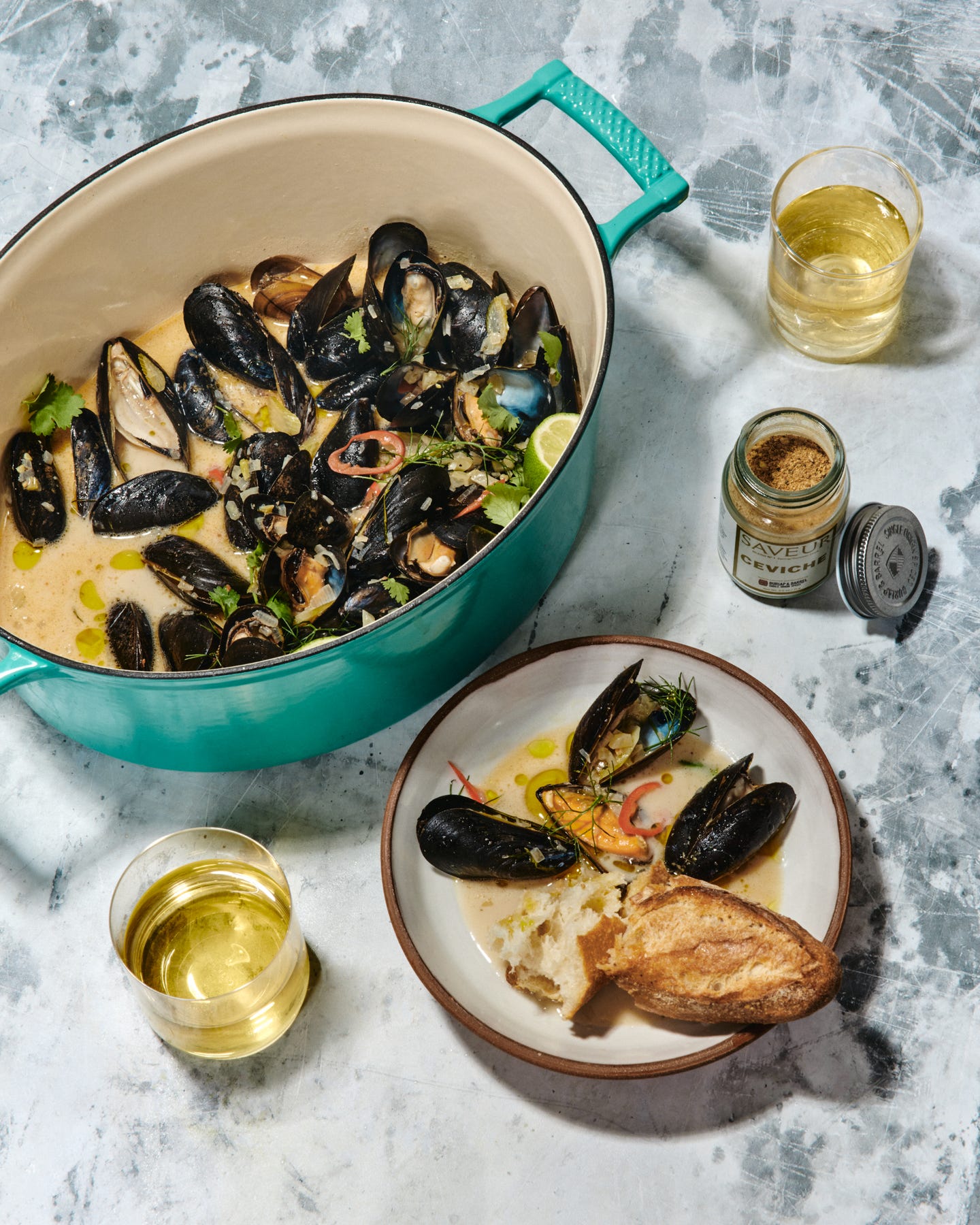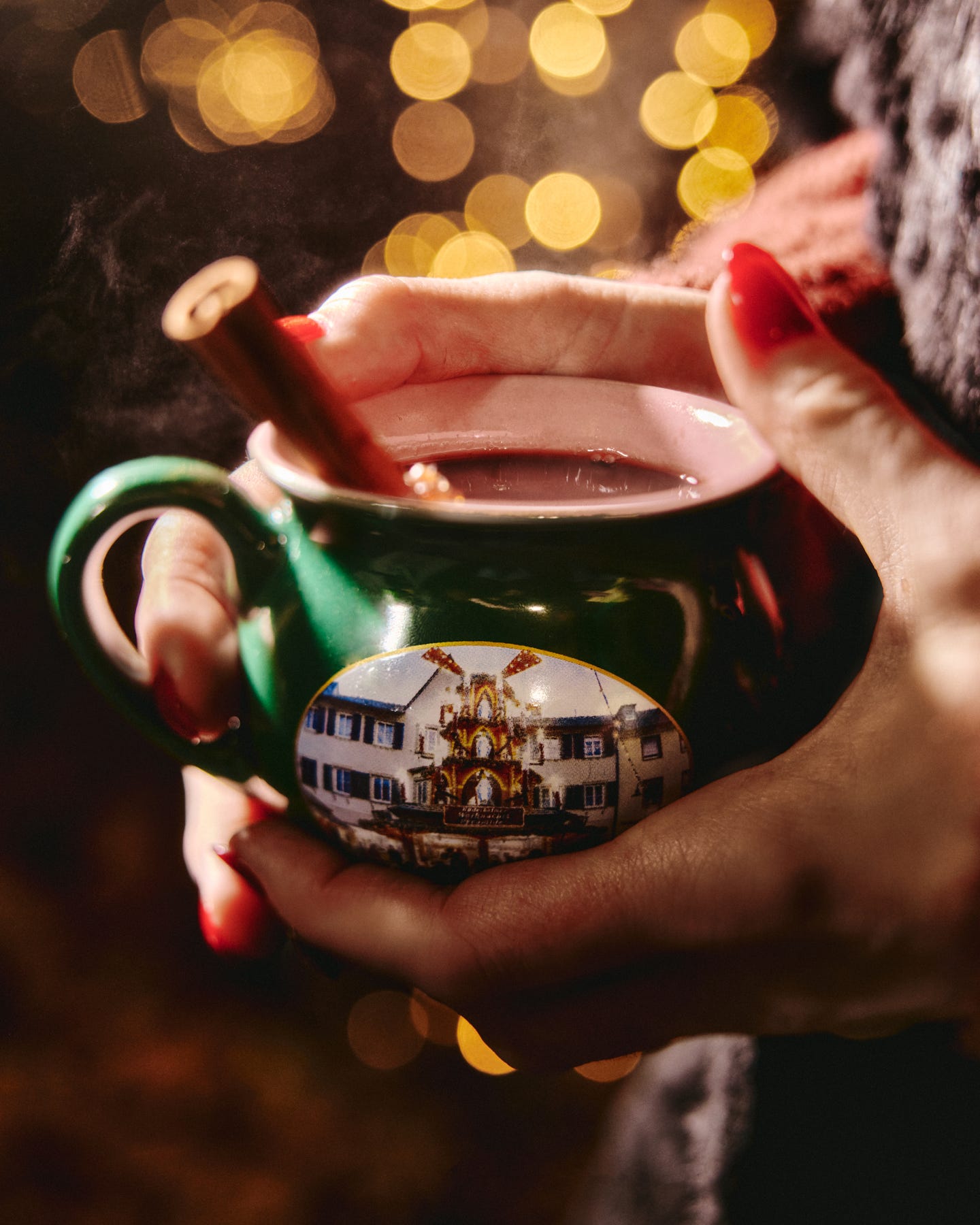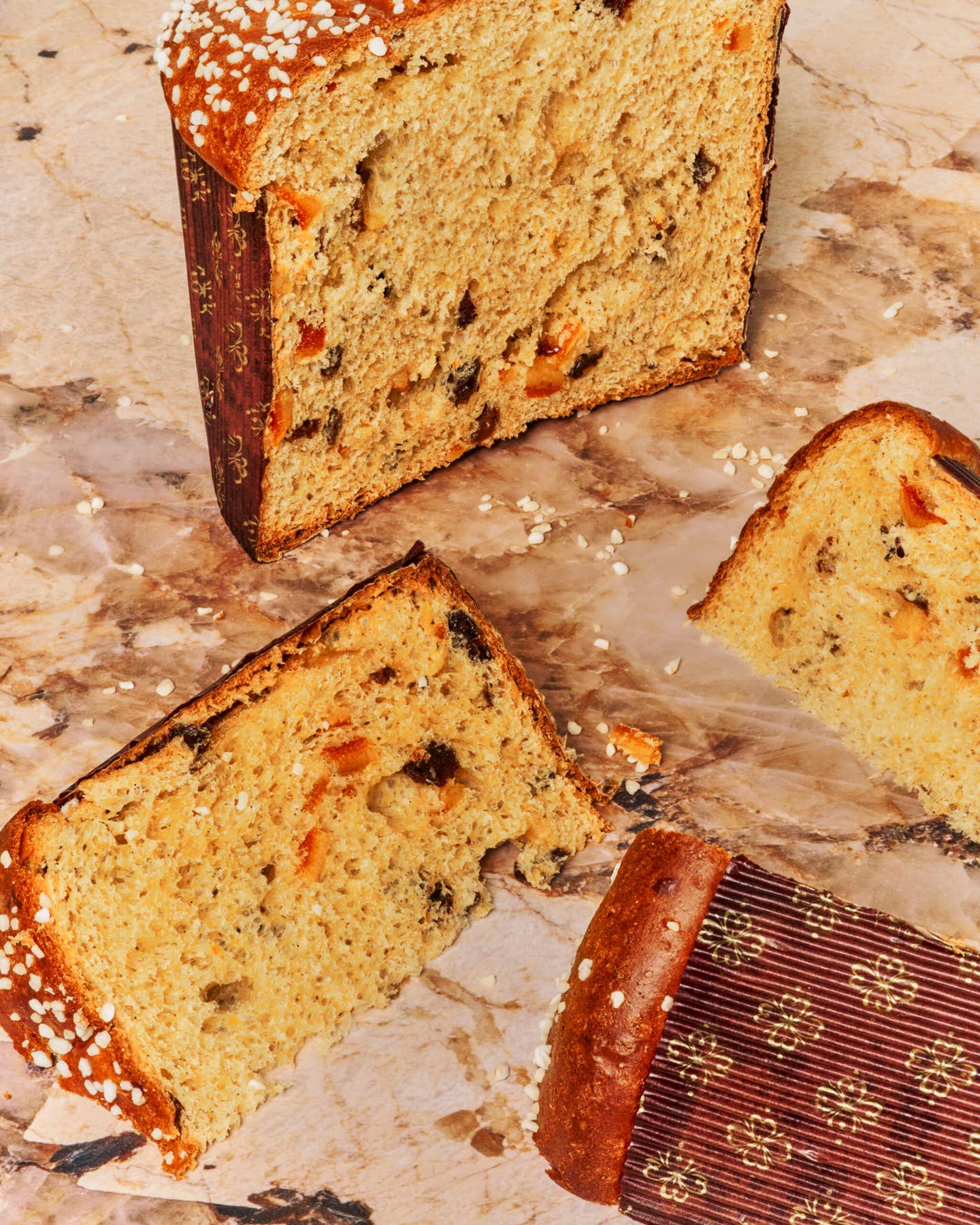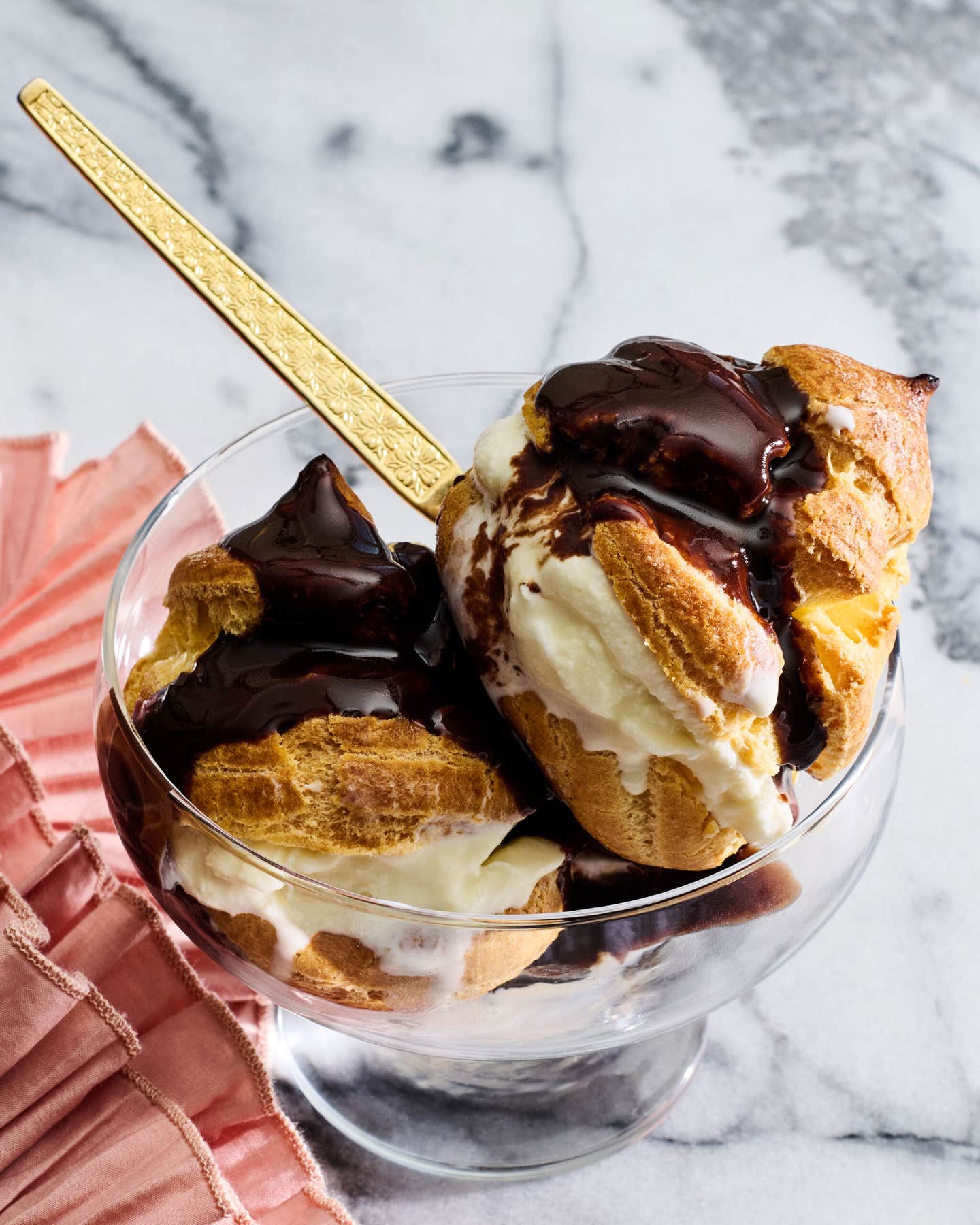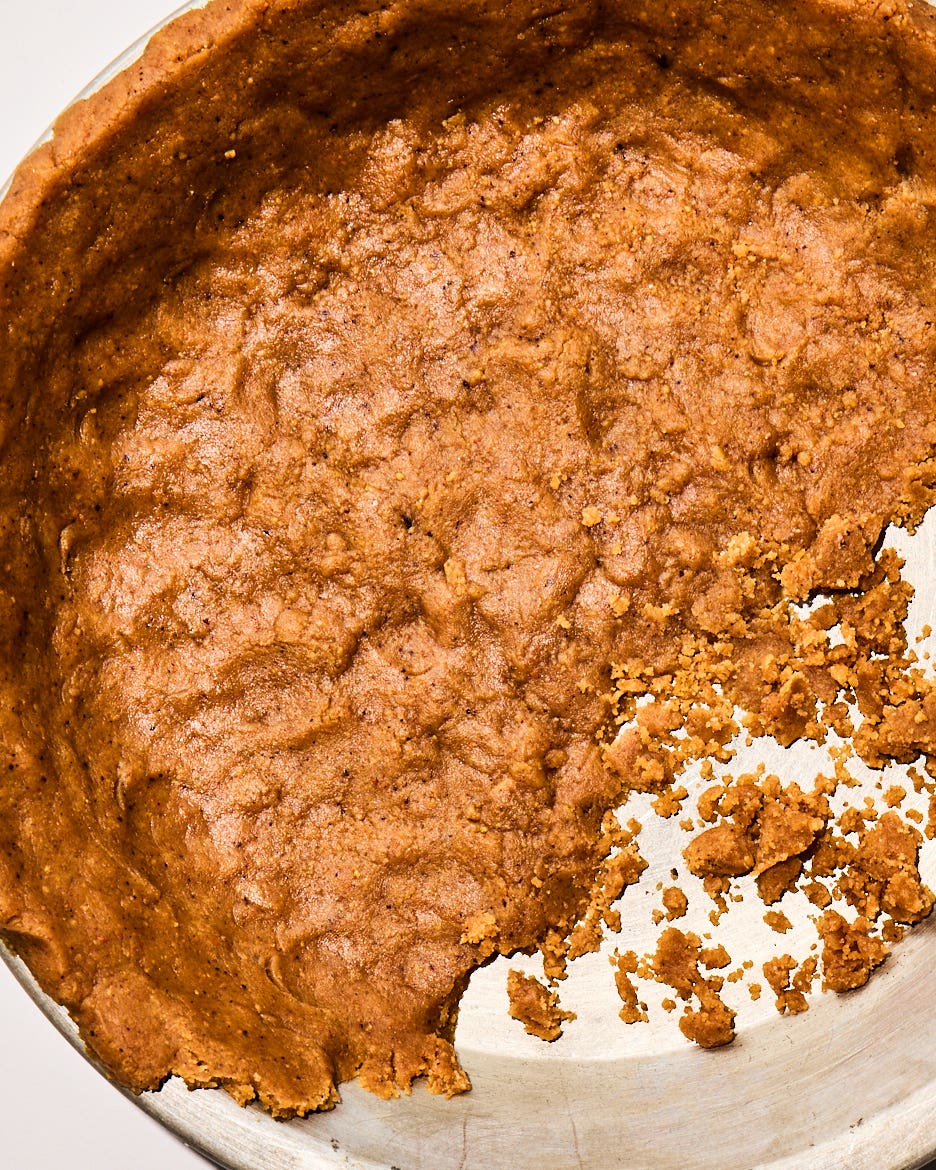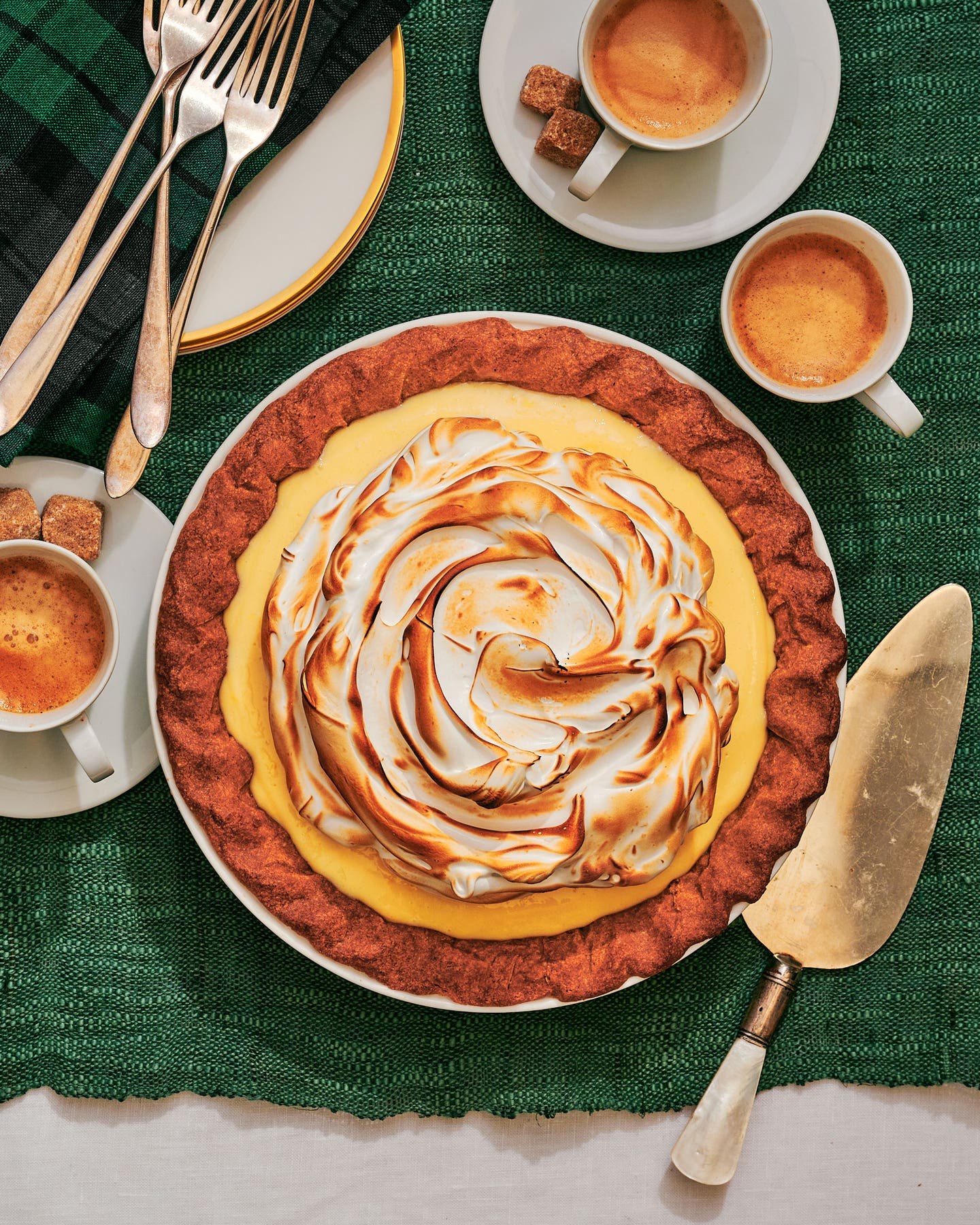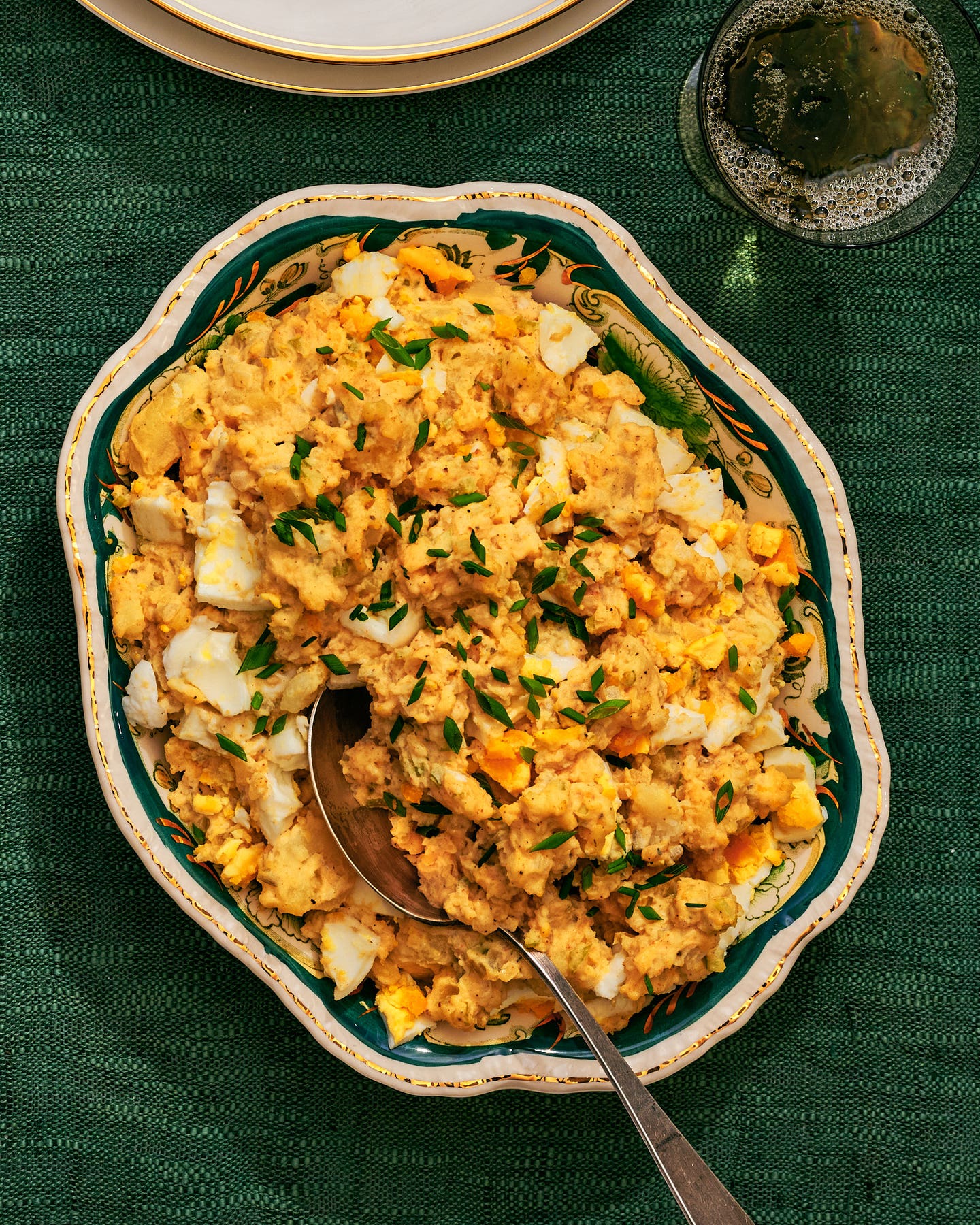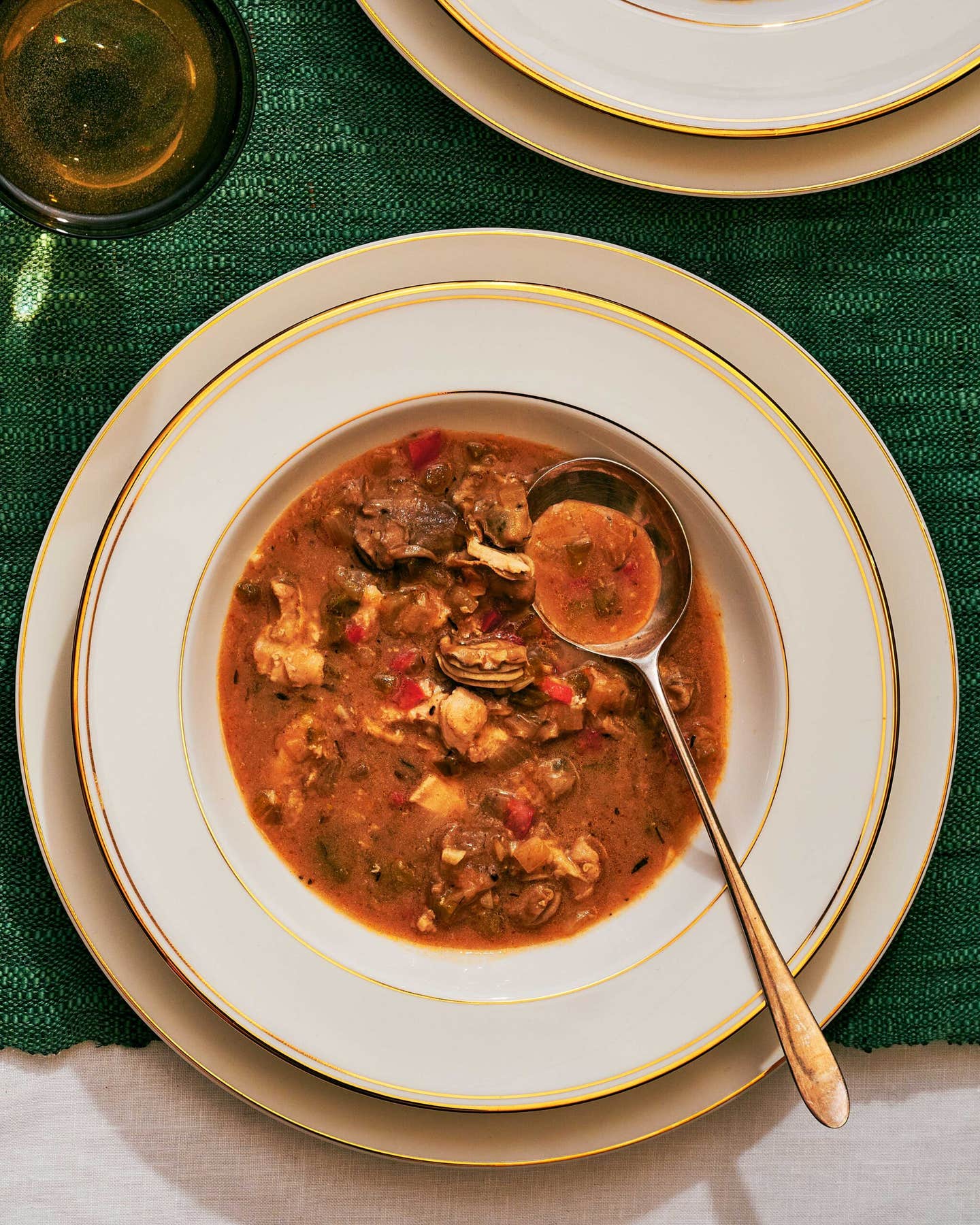
This Book is Your New Guide to the Soul of Turkish Cooking
An interview with travel writer and culinary polyglot Robyn Eckhardt, the author of Istanbul and Beyond

If you've ever dreamed about quitting your job to travel the world, meet new people, cook their food, and write about it, know that Robyn Eckhardt has done it first. For over 20 years, the journalist and culinary polyglot has documented the local foods and cultures of the Eastern hemisphere, in publications like the Wall Street Journal and the New York Times, but even more excitingly, also on Eckhardt's excellent blog, Eating Asia.
There, she and her husband, the photographer David Hagerman, spin captivating yarns—punctuated with jaw-dropping photos—about Chengdu tofu diehards and Malaysian raw-sugar masters, with occasional recipes, thorough and compassionate reporting, and a complete disregard for all the usual tropes of travel writing. Eckhardt is a journalist's journalist, exacting and endlessly curious, which is why I love working with her on stories whenever I can.
Last month, she and Hagerman published Istanbul and Beyond: Exploring the Diverse Cuisines of Turkey, a culmination of decades of criss-crossing the country in search of family recipes and hyperlocal traditions. The book sheds particular light—for Western audiences at least, but probably some Istanbul residents, too—on Turkey's less-reported-on culinary regions, such as eastern cities like Van and Hakkari, and on the food of ethnic minorities like the Kurds living along the Syrian border. The result is a picaresque portrait of a country that doesn't really have a national cuisine at all; it has dozens.
I caught up with Eckhardt over Skype while she and Hagerman were moving “a lot of boxes and cats” to their new home in Italy’s Piemonte region—a move in part to be closer to Turkey. Below, Eckhardt on the essential qualities of Turkish cooking, and how the country’s tumultuous political situation of the past few years is impacting the hearts and minds of locals.
There's so much food in here that most people don't think of as Turkish: paper-thin noodles with blue cheese, cookies fragrant with oranges. Was that an intentional decision to challenge our preconceived ideas about Turkish cooking?
The impetus for the book was traveling across the country for years and eating things I never would have thought of as Turkish food, like collards and cornbread in the Black Sea. Just as people are learning about Italy and China, there's no one single Turkish cuisine. It's a place of regions, each with their own cooking, like most other places in the world.
We traveled by car in Turkey, and I was struck by the major differences in topography and climate between relatively short distances. You can be on the Black Sea and it's very lush, then drive six or eight hours inland and it's a totally different landscape—and a totally different diet. There are dishes you’ll never find outside their home regions. Sometimes you won't even find them in one village, when they make it in another village 30 minutes away.
Even now, Turkey is a country where people eat extremely locally. It’s not a trend, it’s just how it’s always been. In Istanbul you’re starting to see more variation in the food, but in places like Van, the Black Sea, or Hakkari, people focus on the food growing around them. I wanted to bring that understanding home.
Is industrial agriculture starting to change that, though?
Sure, around the lower Agean and south coast there are farms growing produce like tomatoes year-round, and at every local market, there are five to ten sellers of conventional vegetables who've bought them from a wholesaler.
But it's different out of the big cities. There people live off what they can grow in their backyard gardens, or what they preserve. For instance, in Hakkari, in the far southeast, the landscape is really inhospitable to farming. It's mostly animal husbandry. But in the spring, there's six weeks where everything is in bloom. The hills are covered with all kinds of wild herbs and vegetables. People go out and they collect tons of them, literally. Plants like fennel, wild garlic, sorrel, purslane, thyme. They'll salt them and put them in the local cheese, or sun-dry them, and that's what they live on from then until the winter comes.
Turkish people are keen preservationists, even in urban areas where you have access to fresh produce year-round. If you go into a city and you look up at apartment balconies, people are always making pickles. They’ll hang peppers to dry on the clothesline so they can stuff them later, in winter. They like to do it themselves.
You've been working on this book for years; what did the reporting process look like? Especially when you were visiting people's homes, I can't imagine they had anything written down.
I've been thinking about that myself recently, and I think it comes down to thinking like a journalist, not an anthropologist. I wasn't super organized and didn't do a lot of research ahead of time.
When Dave and I are reporting somewhere, our modus operandi is to just go and meet people. Then eat a lot of stuff and talk to them about it. We go the market—always start with the market, the first we see—and ask questions. See what leads to where.
This sounds like a good foundation the for Robyn Eckhardt School on How to Travel.
One advantage we have is how we kept going back to places again and again, which you can't do if you're just going on vacation. Because the more you learn, the more you realize how much you have to learn. So we'd go somewhere, and then it would be like, "Okay, it was like this, but that was just the spring. Now I need to go in the fall to see how it's different. And the winter, because I wonder what these people will do when there's no food growing anywhere."
Once we figured out the regions we’d focus on, we started planning visits years in advance, keeping the seasons in mind. But it still comes down to meeting people.
At markets, I’d just start asking the ladies questions. “What do you do with this?” “How do you make it?” Silly stuff like that. From there, maybe you see someone who makes bread, and hey, I’m interested in bread. “Well, if I came to your village, would you show me how to make it?” Sometimes it's yes, sometimes it's no. Or we'd go to a local restaurant, and listen to the cooks and ask how they made something. I would never say this is an encyclopedic book on Turkish food. This is my Turkey, as I experienced it.
Everyone says it, but it’s true: food is an entryway into culture. Everyone wants to talk about food. And it’s non-threatening. I’m not a rabble-rouser or anything. I just want to talk about your cheese. And people trust me, because I really do want to talk about their cheese.
We can't talk about Turkey today without talking about the political situation there, which started getting really volatile after you finished your reporting in 2015. What was it like when you were on the ground?
Probably the minority that we spent the most time with was the Kurds. We were very fortunate, too, that our research coincided with a strengthening of the peace process that was started by Erdogan. We had actually just been assigned a story on southeast Turkey because it had become a newly safe and easy place to travel through. Then riots started in fall of 2014, and the story was cancelled.
When we returned in January of 2015, things had kind of settled down, and by the time we went for our last trip in April and May of 2015, it was just the best time to be traveling in that part of Turkey. The elections were approaching, the peace process was going really well. People were hopeful and happy. As the election approached, it looked like the Kurds would win enough votes to claim a place in the parliament.
Then the elections happened in June. A month later, there was a bombing in Suruc near the Syrian border that killed a lot of Kurds, and everything fell apart. We haven't been back to that part of Turkey since. We have friends there that we miss, in Van and Hakkari.
Did the government's conservative shifts come as a surprise to the people there?
I'd say so. Before the 2015 elections, people really were so hopeful. We met a lot of Kurds from all walks of life, and spent time in Kurdish homes. And I'd never bring up politics, because that's not why I was there, but of course it always came up.
I want to make clear that not a single Kurd I ever met wanted to separate from Turkey. I heard more than one time, “We do not want to be part of Kurdistan, we want to be a part of Turkey, we just want our rights as Kurdish citizens.” I'm not advocating separation, and most people I met weren't either.
How are your contacts dealing with the changes?
I think you either decide you're going to leave, or you find ways to get joy out of life. For people in the tourism business, it's certainly been hard. When we were in Istanbul last year, we saw so many vacant shops for rent. People are hurting because of the drop in tourism. And I really would tell Americans: Go to Istanbul. It's just as safe as Paris, Nice, or Brussels.
I have some Jewish extended family in Istanbul, and they've been laying low because of the recent rise of anti-semitic sentiment.
I'd certainly believe it. There's been a rise of nasty feelings. I don't know how it happened so fast.
We've been wondering the same in the States. Did you notice any parallels when you came back to the U.S.?
I think it's surreal in the same way. I had to take a lot of planes when I was in the U.S. this last time. Everyone's all crammed in, and it's summer travel, and every flight's full. But people were so nice with each other, and helping each other with their bags. "Here, you go first," "Oh, I'm sorry to take the middle seat."
Then when I look at the political spirit, it’s confusing to me. I’m looking around wondering, “who’s the Trump supporter, who’s the liberal?” It’s strange like that in Turkey, too. Turks are so kind to each other still. And I don’t know, maybe in this environment, people just know to avoid talking about anything but trivial things to someone they don’t know, because hey, you never know where it’s going to lead.
Keep Reading
Continue to Next Story
